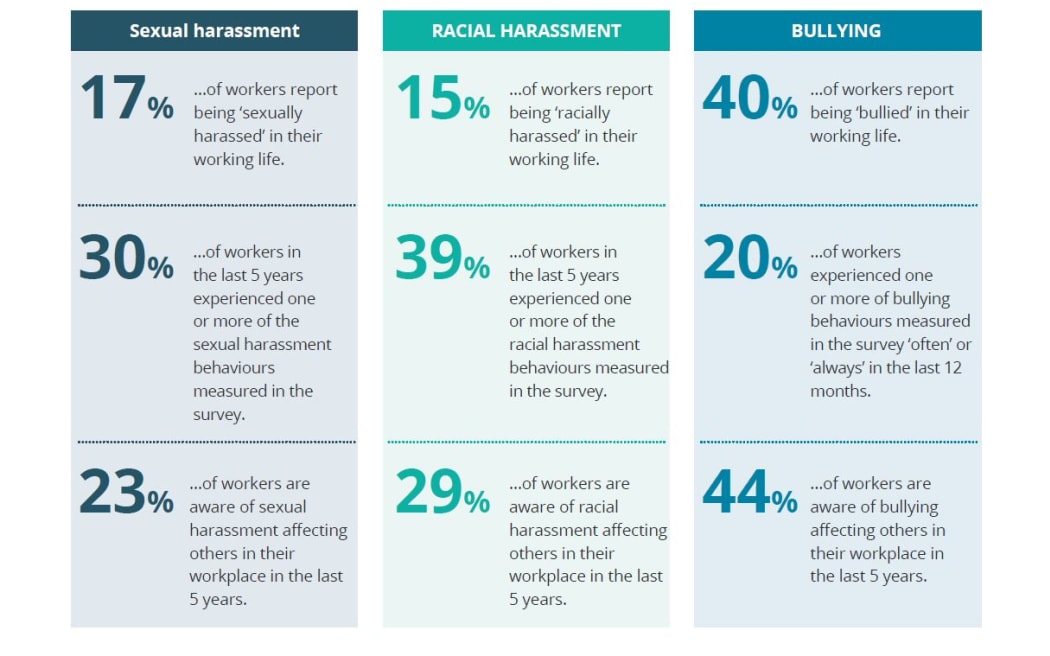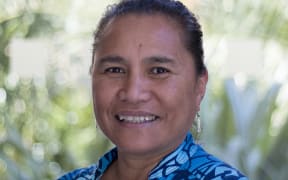Māori, Pasifika, Asian, as well as disabled and bisexual employees, are disproportionately affected by bullying and harassment in workplaces in Aotearoa New Zealand, according to new research out today.
More than a third of respondents to a Human Rights Commission survey say they have experienced some form of harassment at work in the past five years.
In the report, Experiences of Workplace Bullying and Harassment in Aotearoa New Zealand, 39 percent of people said they had been racially harassed at work.
Also, 30 percent reported being sexually harassed and 20 percent bullied.
Māori, Pacific Peoples, and Asian workers, as well as disabled workers, and bisexual workers were disproportionately affected.
The nationwide study found that 24 percent of those who reported being mistreated, raised a formal complaint.

Researchers said the 2500 workers involved in the survey in May and June provided a representative picture of the population.
‘Disappointed’ in the harassment
Equal Employment Opportunities Commissioner Saunoamaali’i Karanina Sumeo told RNZ Morning Report she was disappointed to see a “high prevalence” of racial harassment in the workplace.
She said the study looked at different industries.
“Healthcare seems to be the one that goes right across in terms of high prevalence of racial harassment, sexual harassment and bullying.
“In healthcare, you’ve got huge power dynamic. So the majority of people who perpetrate these behaviours occupy a more senior role to the victim. In those really hierarchical occupations, there’s a high risk of abuse of power.”

More young people reported being harassed in the hospitality and accommodation industry.
“It depends on the industry. It’s insane in terms for men [in] construction, manufacturing, communications … for women [it is] the health sector, and the public sector generally,” Sumeo said.
“This is real and it’s a shared suffering,” and it was important for people facing these circumstances to know that they were not exaggerating, she said.
‘No definition’ in laws
“We don’t have a definition of bullying in our laws at the moment and it’s really important that we have that. So myself, the Human Rights Commission, the unions and others are calling on government to ratify our ILO 190, which gives us the ability to identify and then we can allocate resources.”
She also called on the government to look at compensation laws “in terms of recognition and compensation and support to go to people who are suffering bullying and sexual harassment and racial harassment”.
Read the Experiences of Workplace Bullying and Harassment in Aotearoa New Zealand report.
This article is republished under a community partnership agreement with RNZ.
Article by AsiaPacificReport.nz





